I need to partially derivate my equation and form a matrix out of the derivatives. My equation is:
 While this conditions must be met:
While this conditions must be met:
 For doing this I've used the sympy module and its diff() function. My code so far is:
For doing this I've used the sympy module and its diff() function. My code so far is:
from sympy import*
import numpy as np
init_printing() #delete if you dont have LaTeX installed
logt_r, logt_a, T, T_a, a_0, a_1, a_2, logS, Taa_0, Taa_1, Taa_2 = symbols('logt_r, logt_a, T, T_a, a_0, a_1, a_2, logS, Taa_0, Taa_1, Taa_2')
A = (logt_r - logt_a - (T - T_a) * (a_0 + a_1 * logS + a_2 * logS**2) )**2
parametri = [logt_a, a_0, Taa_0, a_1, Taa_1, a_2, Taa_2]
M = expand(A)
M = M.subs(T_a*a_0, Taa_0)
M = M.subs(T_a*a_1, Taa_1)
M = M.subs(T_a*a_2, Taa_2)
K = zeros(len(parametri), len(parametri))
O = []
def odv(par):
for j in range(len(par)):
for i in range(len(par)):
P = diff(M, par[i])/2
B = P.coeff(par[j])
K[i,j] = B
return K
odv(parametri)
My problem
The problem that I'm having is in the partial derivatives of products (T_aa_0, T_aa_1 and T_a*a_2), because by using the diff() function, you cannot derivate a function with a product (obviously), else you get an error:
ValueError:
Can't calculate 1-th derivative wrt T_a*a_0.
To solve this I substitued this products with coefficients, like:
M = M.subs(T_a*a_0, Taa_0)
M = M.subs(T_a*a_1, Taa_1)
M = M.subs(T_a*a_2, Taa_2)
But as you can see in the final result, this works only in some cases. I would like to know if there is a better way of doing this where I wouldn't need to substitude the products and that it would work in all cases.
ADDITIONAL INFORMATION
Let me rephrase my question. Is it possible to symbolically derive an equation with a function by using python or in that matter, to use the sympy module?
